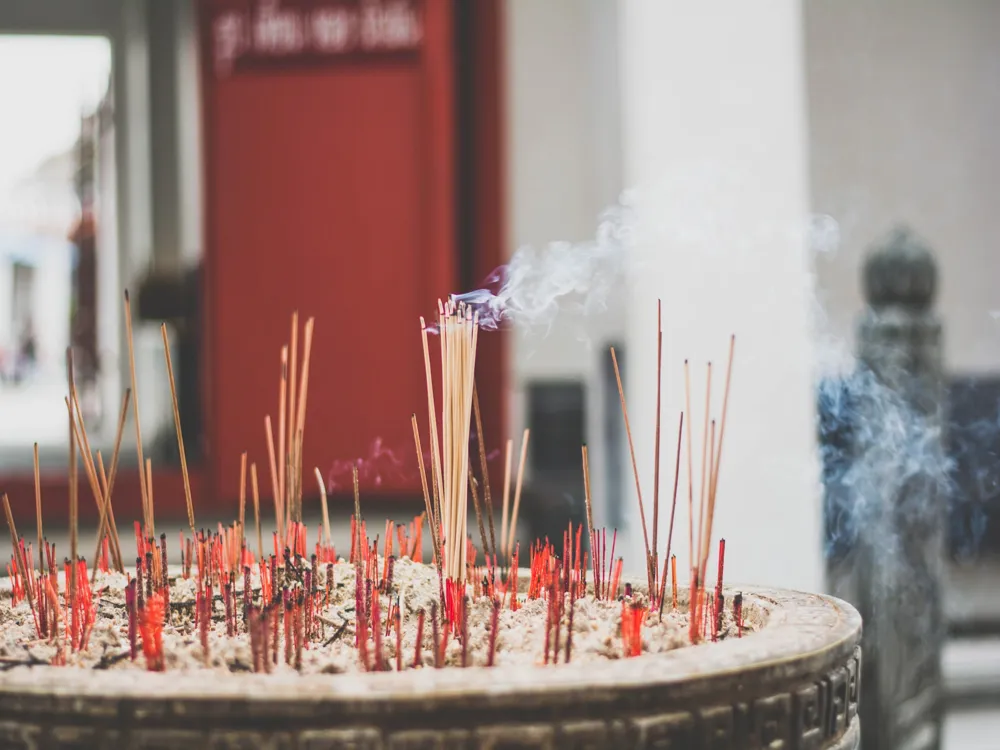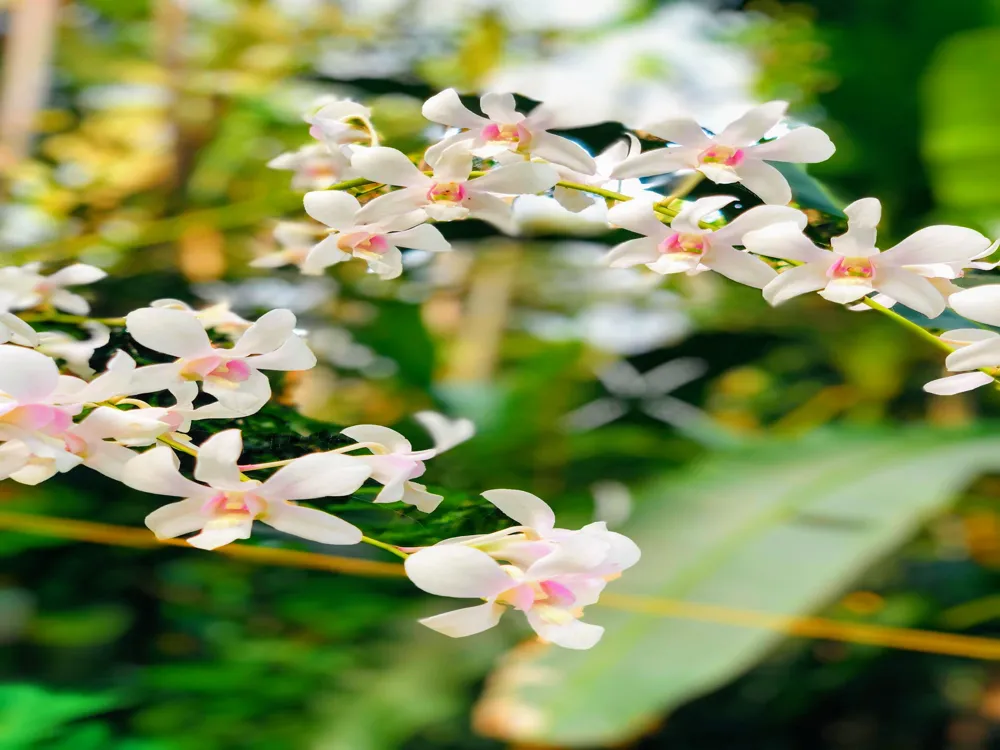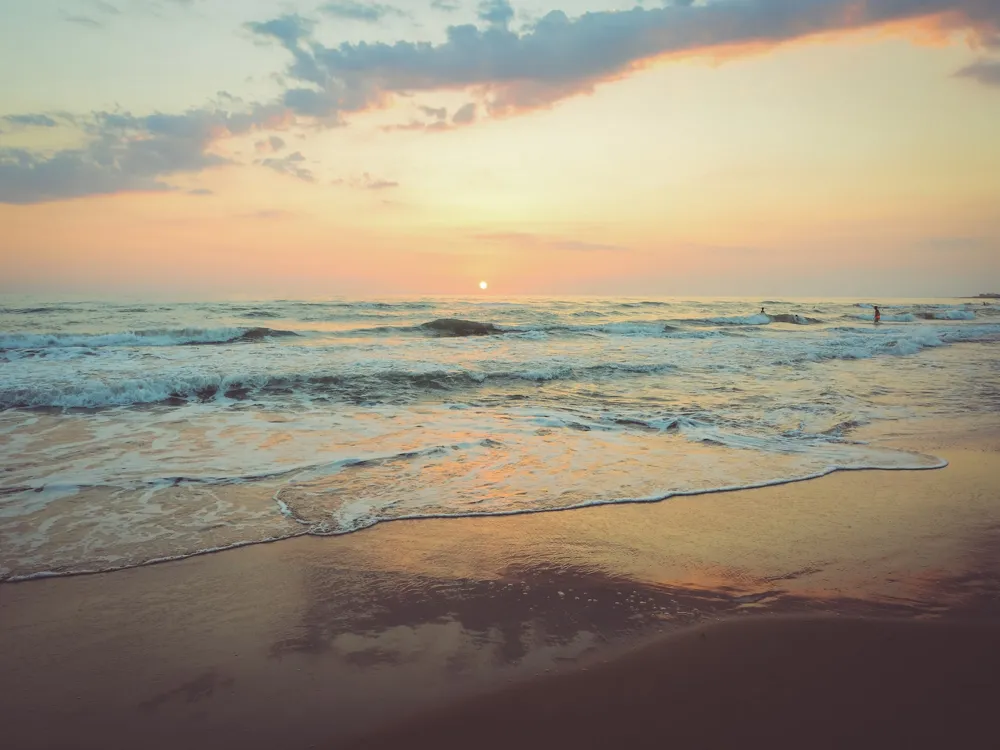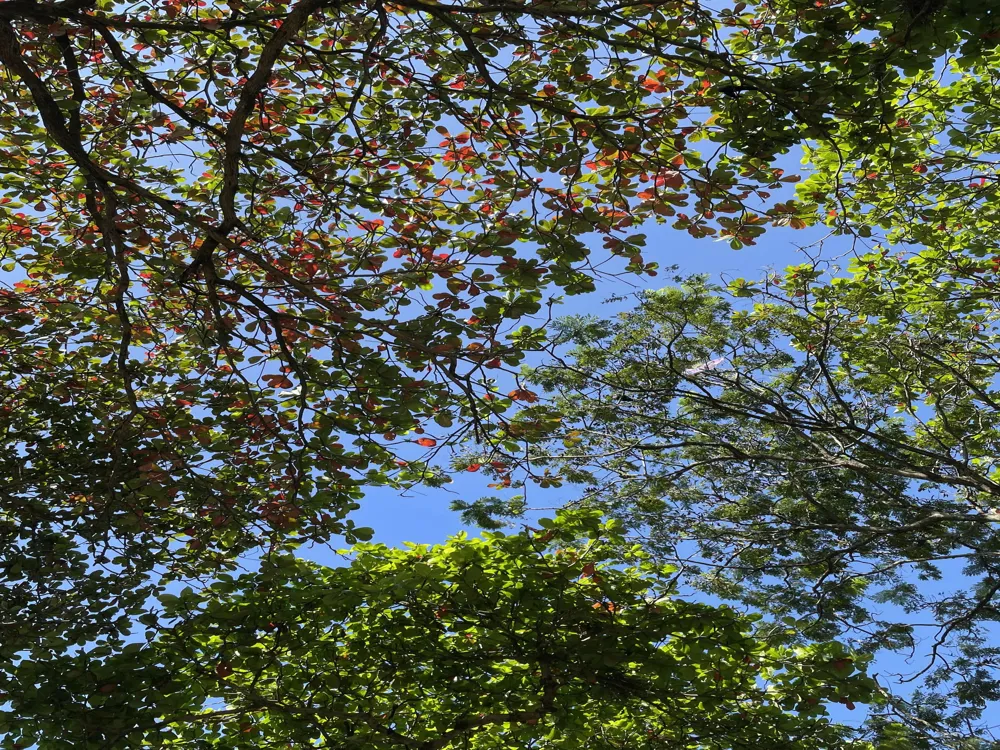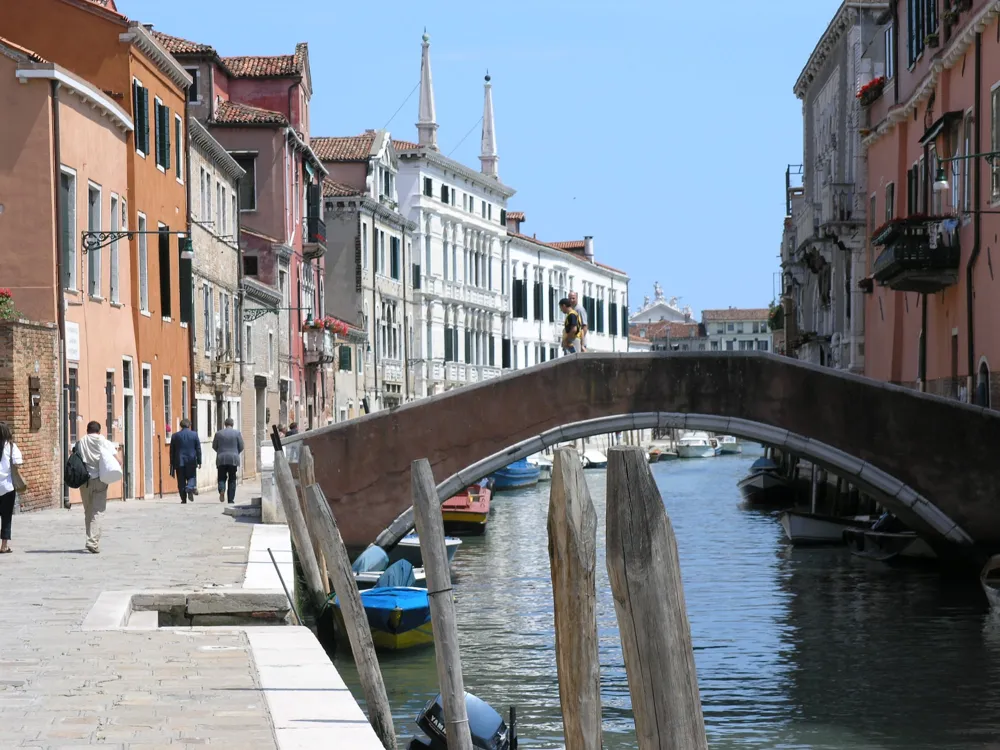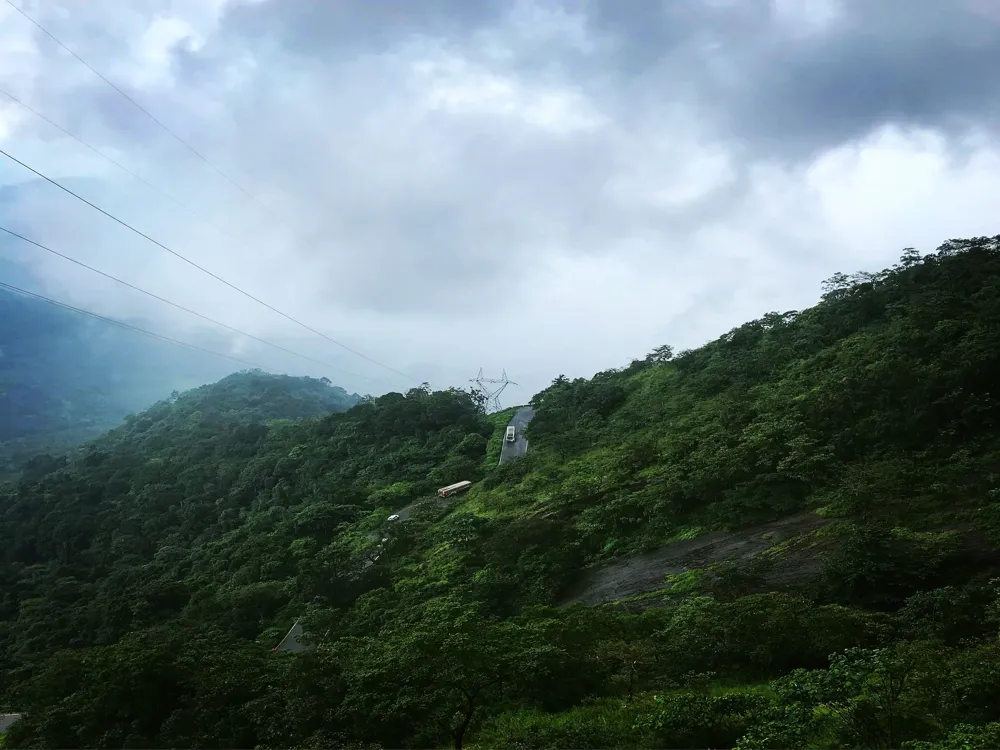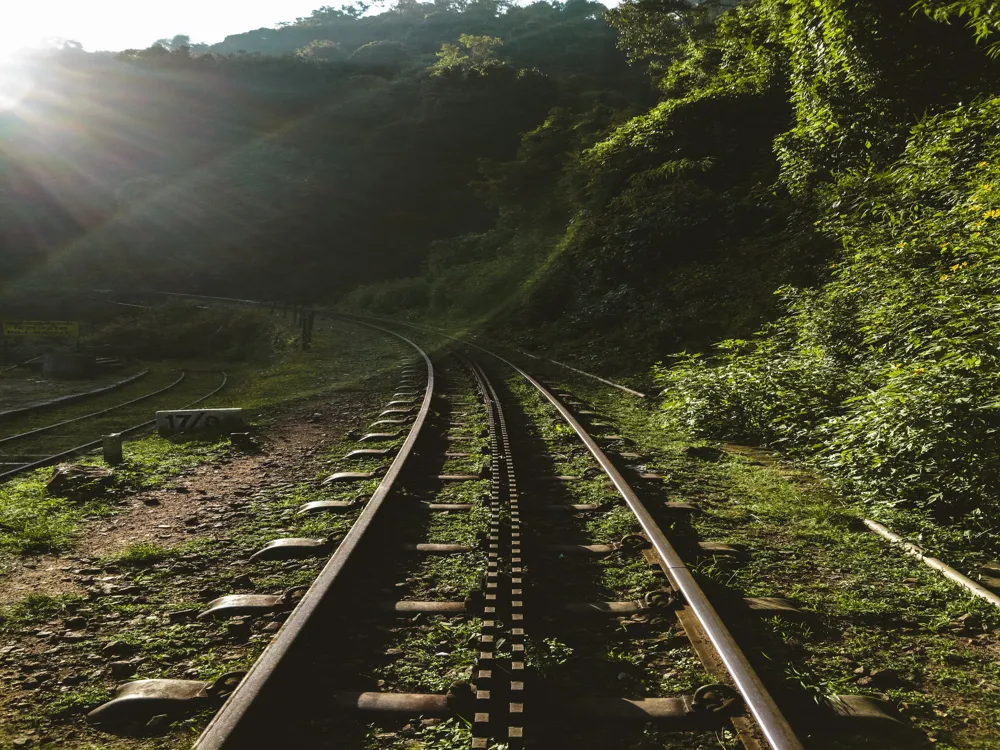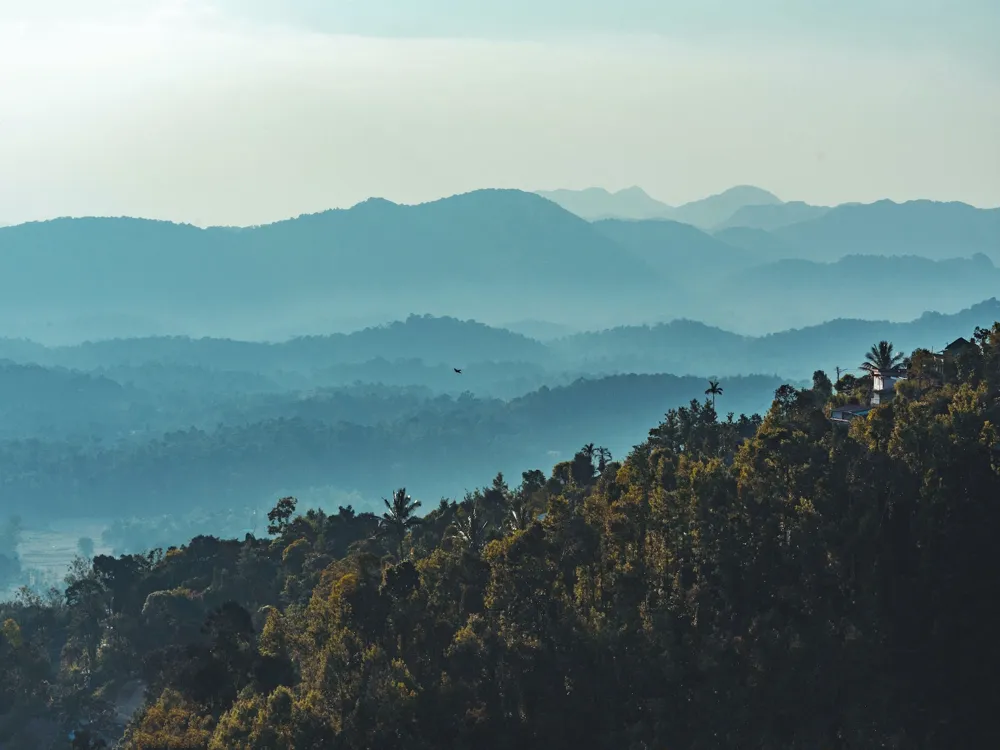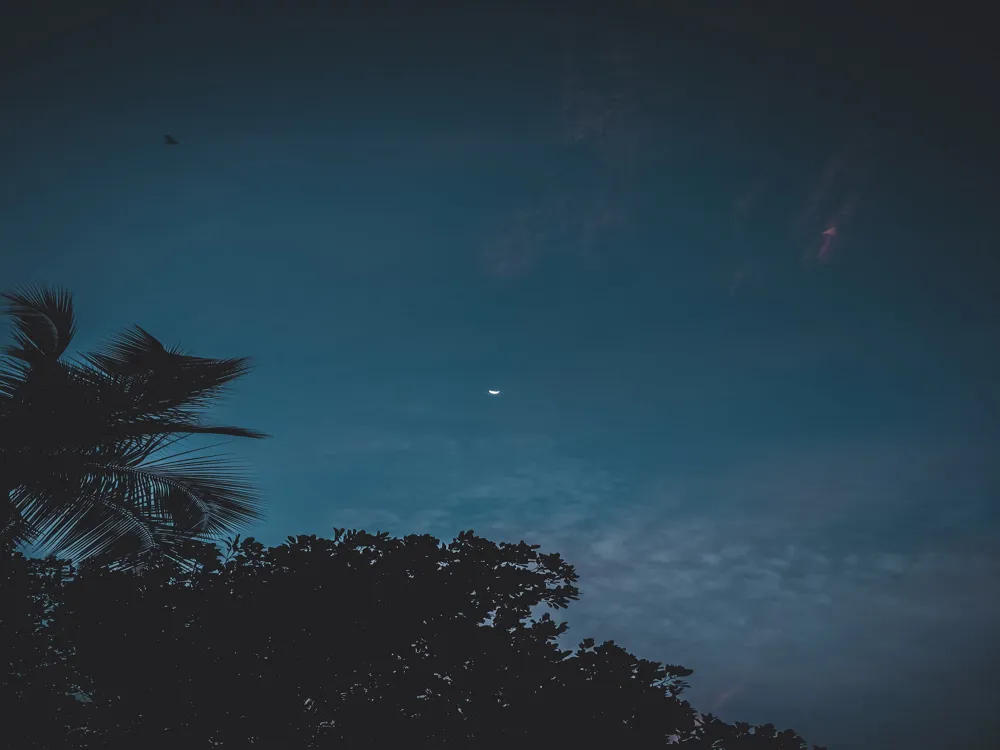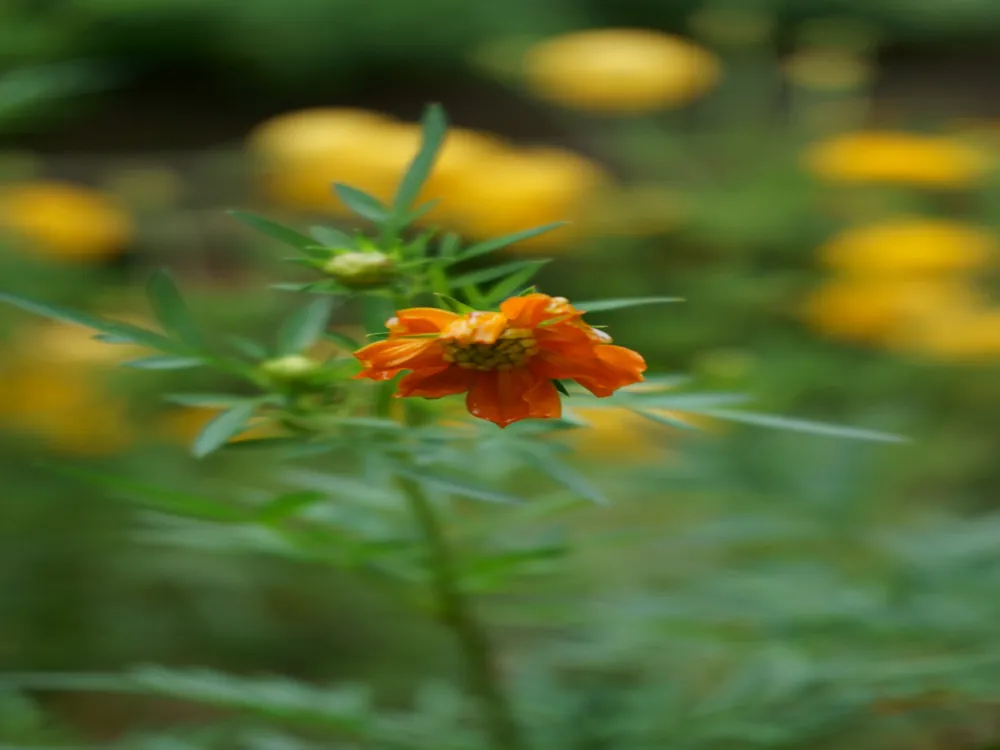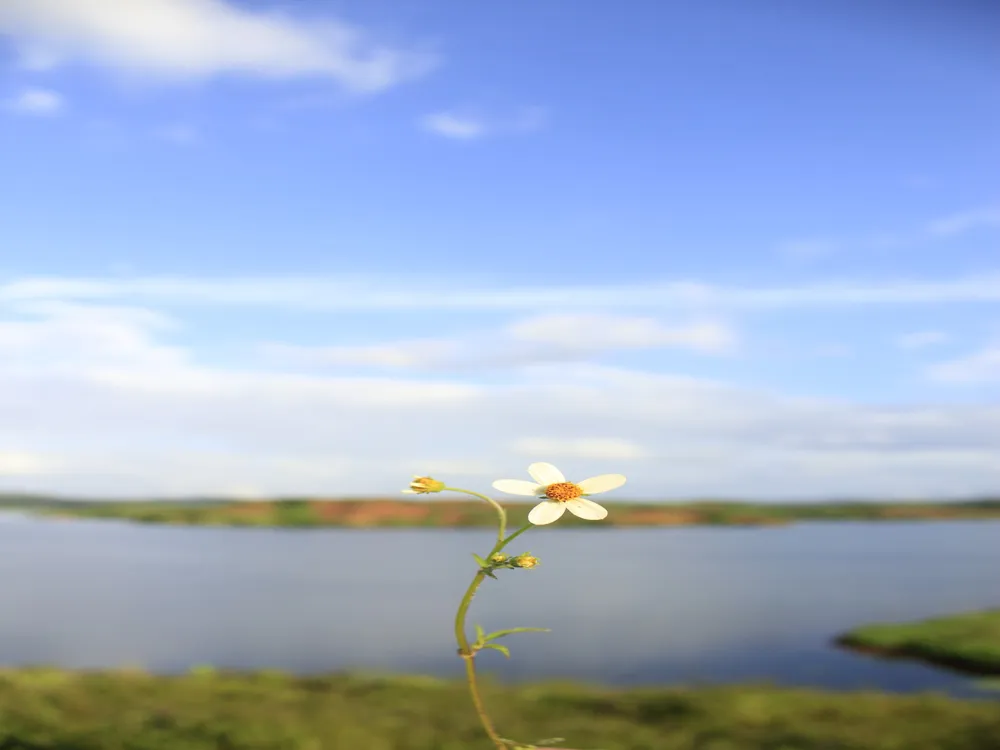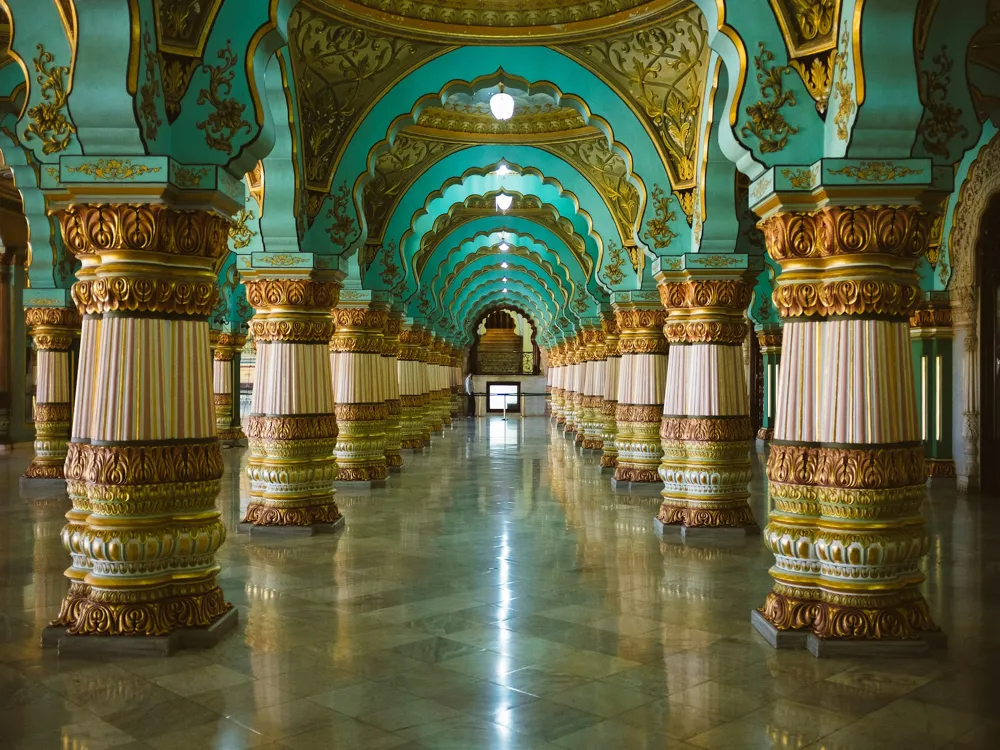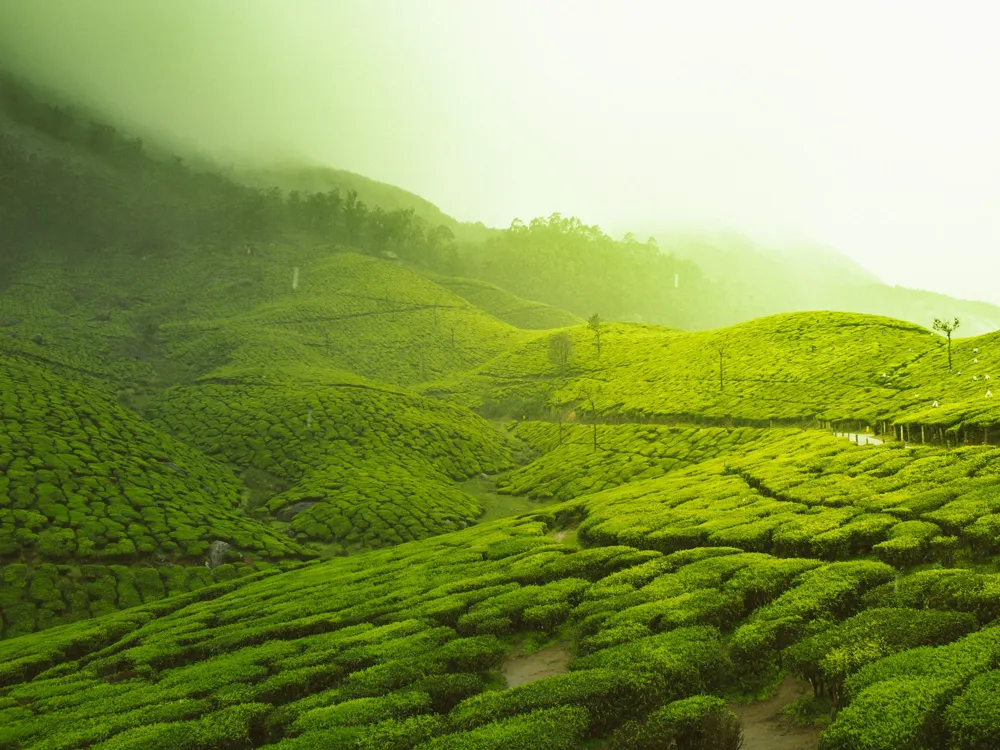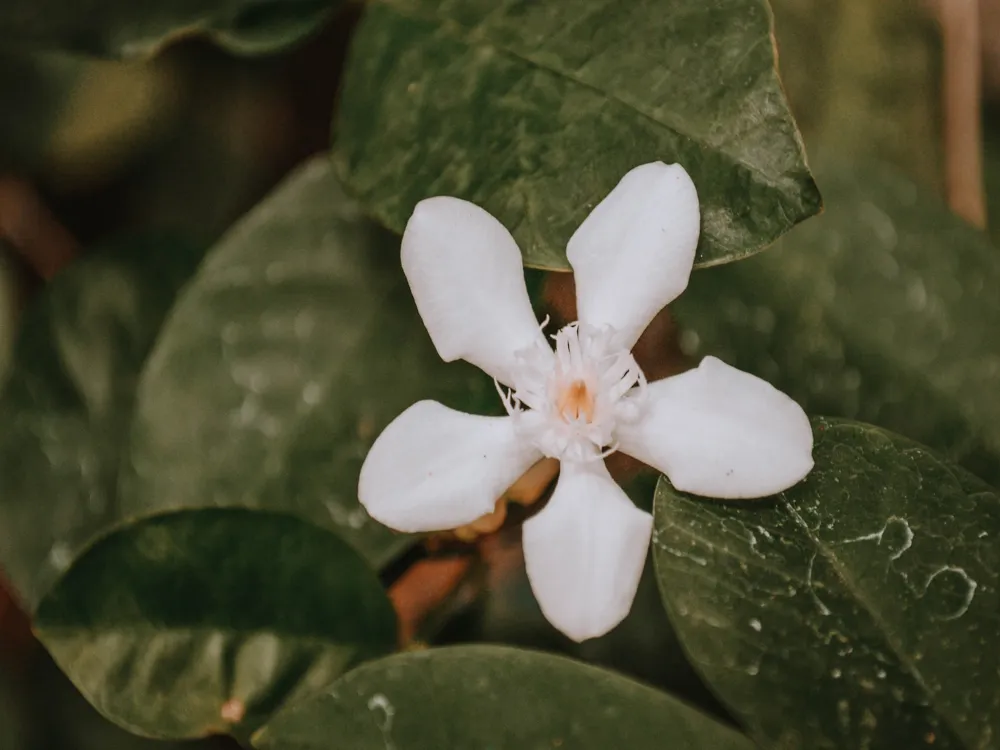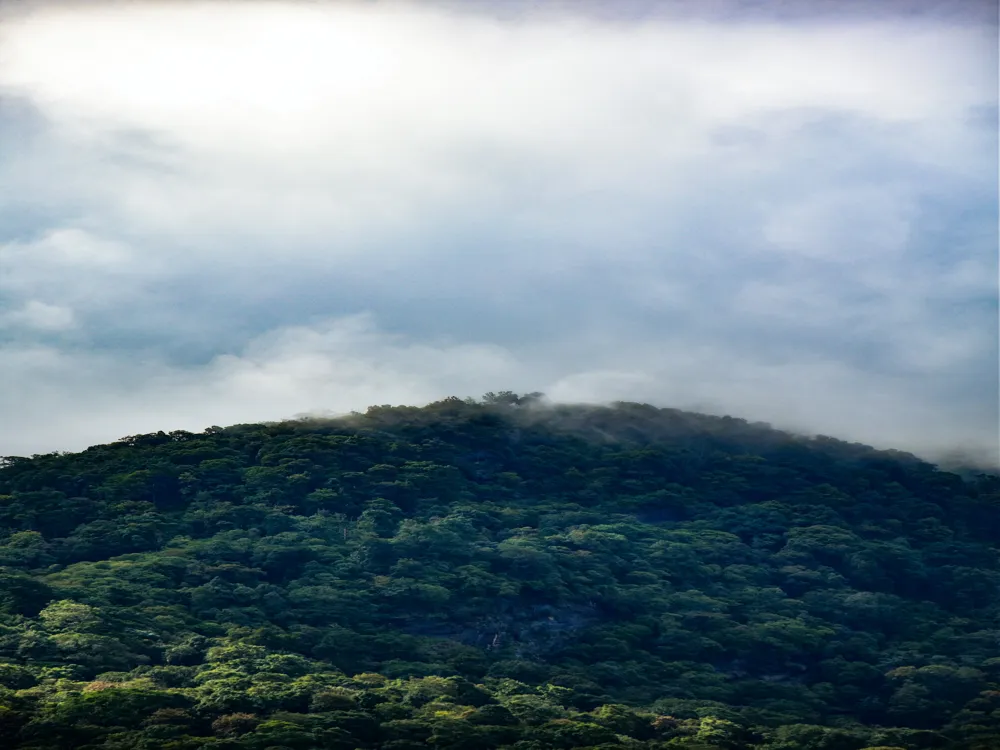Beypore, a small coastal town located in the Kozhikode district of Kerala, is a hidden gem steeped in history and culture. This picturesque town, nestled at the mouth of the Chaliyar River, boasts a unique charm that has captivated visitors for centuries. Known for its traditional shipbuilding industry, Beypore has a rich maritime heritage that plays a pivotal role in its cultural and economic life. The town's history is intertwined with the maritime trade routes of the Middle East, and it served as a significant port and shipbuilding center since the early centuries. The town's cultural landscape is a mosaic of various influences, including Arab, Chinese, and European, evident in its architecture, cuisine, and customs. Beypore's streets are lined with historical landmarks, bustling markets, and traditional artisan workshops, offering a glimpse into the town's vibrant past and present. The town is also famous for its Uru, the traditional dhow-like wooden ships, which are a testament to the skilled craftsmanship of the local shipbuilders. Beypore's serene beaches, scenic backwaters, and lush greenery further add to its allure, making it a must-visit destination for those seeking a blend of history, culture, and natural beauty. The architecture of Beypore is a fascinating amalgamation of traditional Kerala styles and influences from various cultures that interacted with the town through centuries of trade and commerce. The most prominent architectural feature in Beypore is the use of wood, a reflection of the town's shipbuilding heritage. Traditional houses, often called 'Tharavadu,' are built in the typical Kerala style, with sloping roofs, spacious verandas, and intricately carved wooden pillars. These houses are designed to be in harmony with the tropical climate of Kerala, featuring open courtyards and natural ventilation. Another notable aspect of Beypore's architecture is the influence of Arab and Chinese traders, evident in the design of some of the older buildings. These structures often feature ornate wooden balconies, latticed windows, and tiled roofs, blending Kerala's architectural style with foreign elements. The town's mosques and temples also showcase a unique architectural style, incorporating local and Islamic designs. The Beypore lighthouse, standing tall at the river's mouth, is a colonial-era structure that adds a historical dimension to the town's seascape. Overall, Beypore's architecture is a testament to its multicultural heritage and the adaptability of its people. Beypore experiences a tropical climate, with the best time to visit being from October to March. During these months, the weather is pleasant, with minimal rainfall, making it ideal for exploring the town and enjoying its beaches. Kerala's rich culinary traditions are well-represented in Beypore. Don't miss trying the local seafood delicacies, traditional biryanis, and the famous Malabar parotta. Vegetarian options are also plentiful, with dishes made from coconut and local spices. Respect local customs and traditions while visiting religious sites. Dress modestly and remove footwear before entering temples and mosques. It's also recommended to seek permission before taking photographs of people or private properties. Beypore is famous for its handicrafts, especially the miniature wooden models of the Uru. The local markets also offer a range of spices, handloom fabrics, and traditional Kerala saris. Bargaining is common in local markets, so don't hesitate to negotiate prices. Beypore is well-connected by road, rail, and air. The nearest airport is the Calicut International Airport, located about 23 km away. Regular bus services and taxis are available from Kozhikode city to Beypore. The town also has a railway station, with good connectivity to major cities in Kerala and beyond. For a more scenic route, visitors can opt for a boat ride along the Chaliyar River, offering a picturesque view of the town's landscape. Read More:Overview of Beypore, Kozhikode, Kerala
Architecture of Beypore
Tips When Visiting Beypore
Best Time to Visit
Local Cuisine
Cultural Etiquette
Shopping in Beypore
How to Reach Beypore
Beypore
Kozhikode
Kerala
₹ 16,000 onwards
View kozhikode Packages
Weather :
Label : Must Visit
Tags : Beach
Time Required : 1-2 hrs
Entry Fee : No entry fee
Planning a Trip? Ask Your Question
Kozhikode Travel Packages
View All Packages For Kozhikode
Top Hotel Collections for Kozhikode

Private Pool

Luxury Hotels

5-Star Hotels

Pet Friendly
Top Hotels Near Kozhikode
Other Top Ranking Places In Kozhikode
View All Places To Visit In kozhikode
View kozhikode Packages
Weather :
Label : Must Visit
Tags : Beach
Time Required : 1-2 hrs
Entry Fee : No entry fee
Planning a Trip? Ask Your Question
Kozhikode Travel Packages
View All Packages For Kozhikode
Top Hotel Collections for Kozhikode

Private Pool

Luxury Hotels

5-Star Hotels

Pet Friendly








